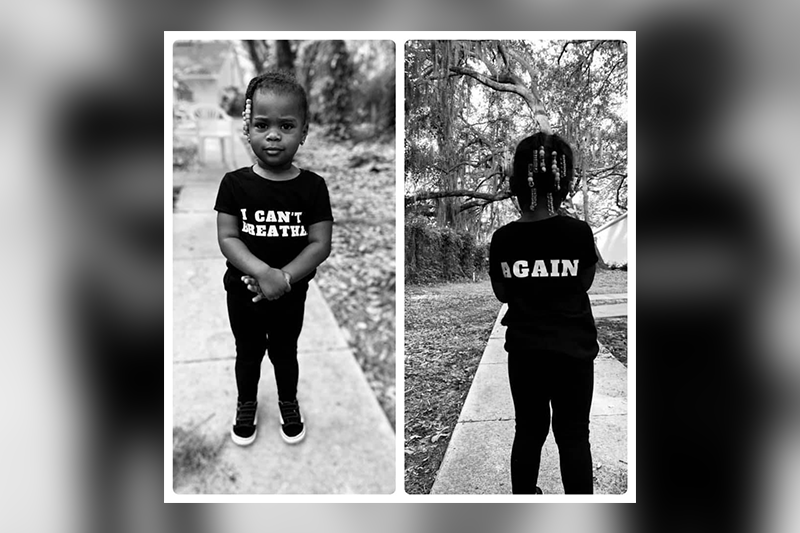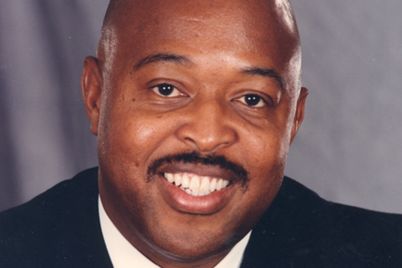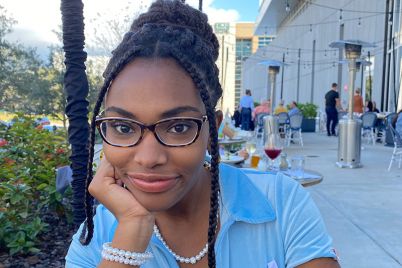BY Russia Collins, LMHC, CCPP, Contributor
ST. PETERSBURG — I can’t breathe! A plea that has played in our minds, resonated in our spirits and has become symptomology for many black and brown individuals in America. This term, which has exited the mouths of multiple victims as they have described the air struggling to pass through their lungs, holds both a literal and figurative meaning.
As a black woman and mother of black boys, I experience a constant lack of oxygen as I hold my breath daily when they are not in my care. As a licensed mental health counselor, this phrase has been used to describe the state in which many clients find themselves when they are experiencing symptoms of anxiety or PTSD.
What we know about breathing is that it is a way to release the toxins from our bodies. It gives life to our minds, and like water, is necessary to sustain us. So, what is the result when black America cannot breathe? What is the risk to our children’s health and mental health when there is a constant lack of oxygen; when we cannot breathe life into them because we are in constant fear that it will be taken?
I believe that we are witnessing the results of this. We see the anger, outrage, advocacy and fear. We are experiencing a lack of sleep, flashbacks, increased heart rate and intrusive thoughts. We are collectively meeting the DSM-V (Diagnostic and Statistical Manual of Mental Disorders) criteria for several mental health disorders.
When discussing clinical practices, the term countertransference is used to describe the clinician’s own thoughts, fears and experiences onto those we are treating. Countertransference can also occur within the relationship.
As we watched an officer, through the use of force, restrict, cut off, and prevent air from passing through Mr. Floyd’s lungs for 8 minutes and 46 seconds, we held our breath (literally). We must ensure that this does not cause us to inadvertently cut off the air stream to our children (figuratively).
The existence of what they need to sustain, much like air, these things are their hopes, dreams, and equitable opportunities.
Things we can do during these moments, we find it hard to breathe, include closing our eyes, acknowledging our thoughts (even those that are painful) and allowing our heartbeat to guide us. It will provide the rhythm needed to find our way back to a place of consistent breathing and air to our mind, body and spirit.
This practice of self-regulation is something that we can share with our children. It is through this practice we can speak and breathe life back into them.
 About Russia Collins, LMHC, CCPP
About Russia Collins, LMHC, CCPP
Russia Collins is a licensed mental health counselor with a professional background in child welfare and integrated behavioral health. She is the owner of Collins Consulting LMHC, where she focuses on relational work with individuals, families, providers, communities and within systems.
Collins serves as the vice president on the board of directors for New Visions of the Well and is an avid member of The Well for Life, LLC. She prides herself most as being an intentional mother of two boys, Christian and Carter.








